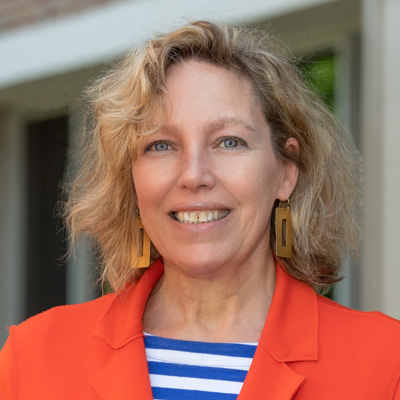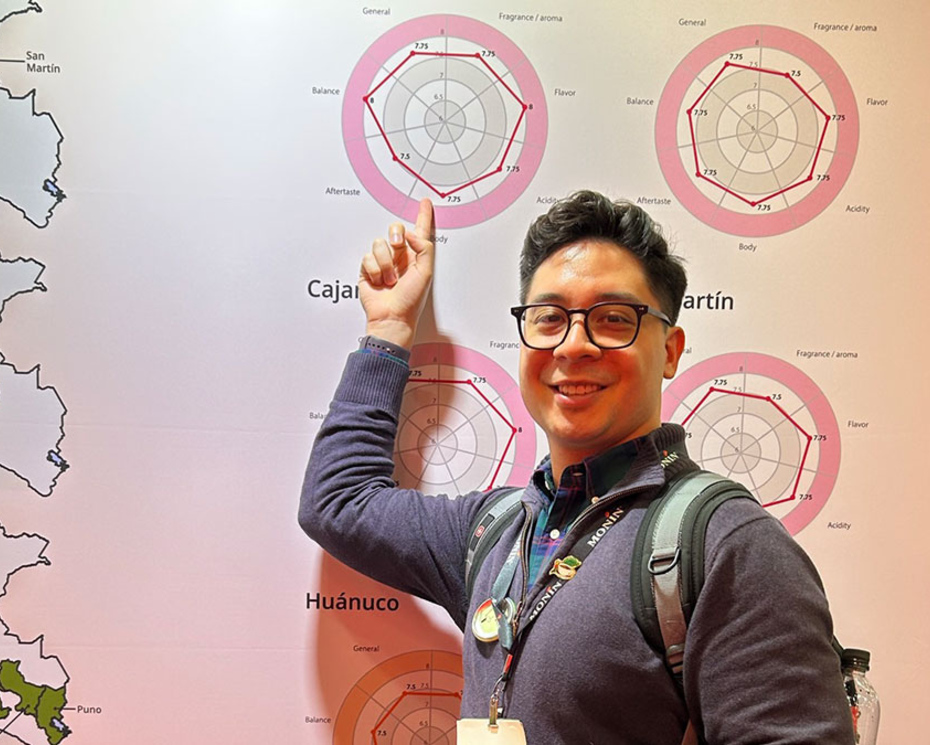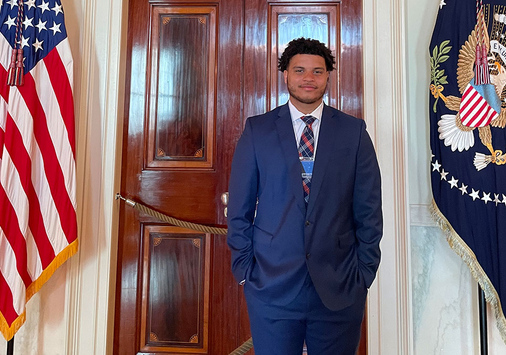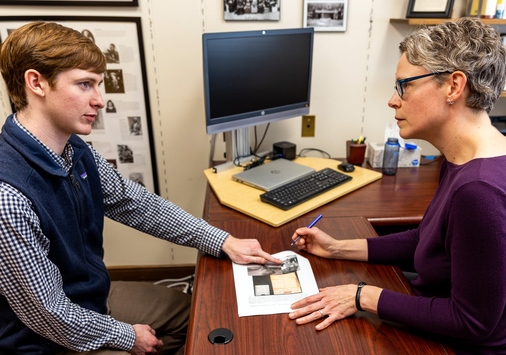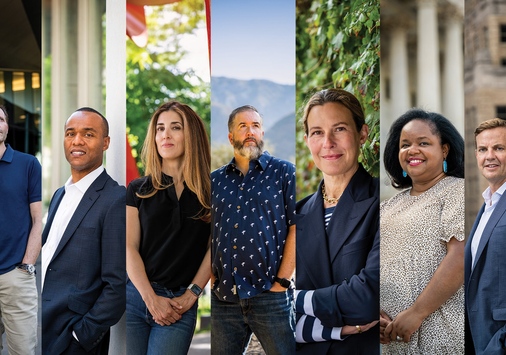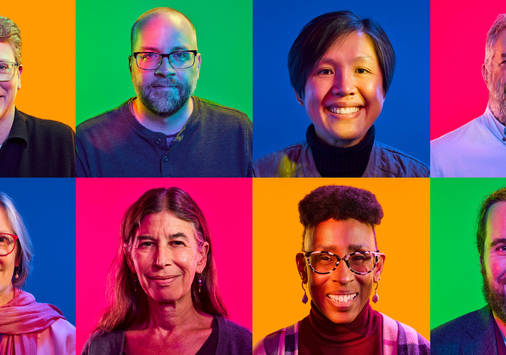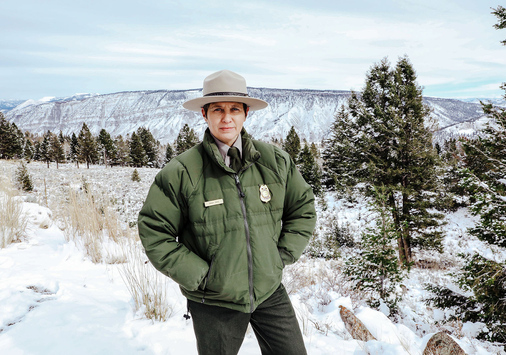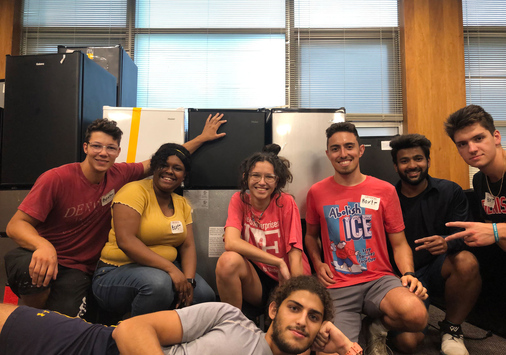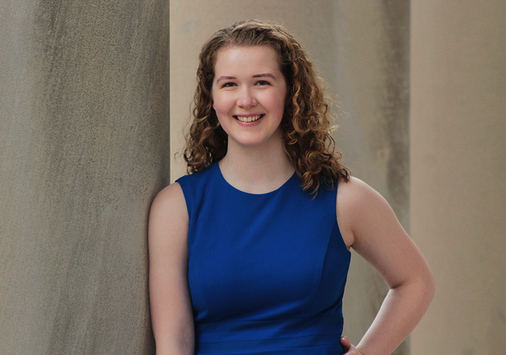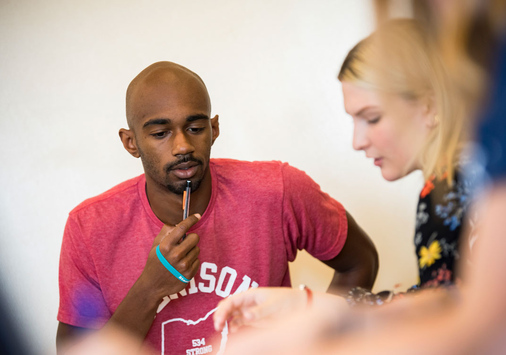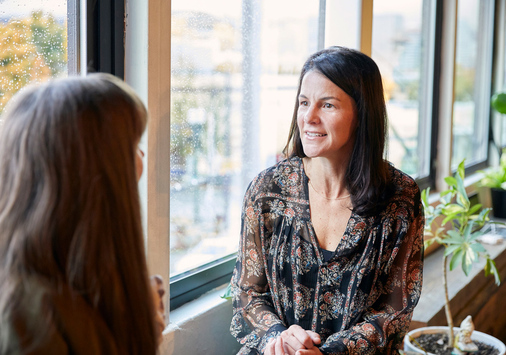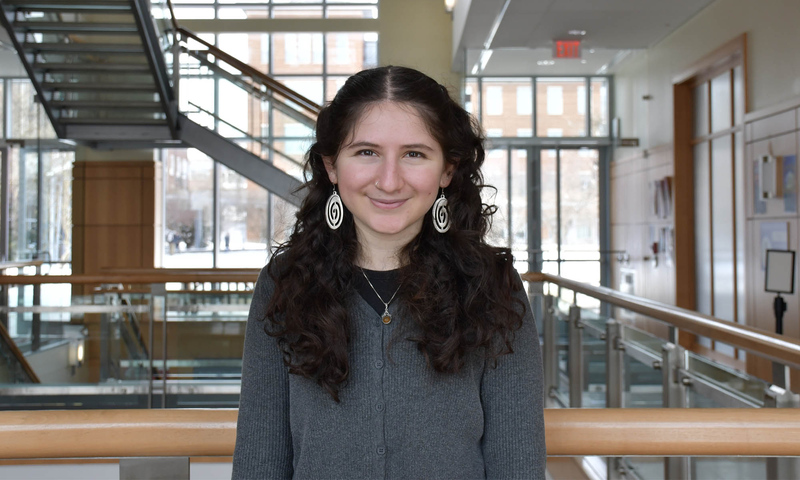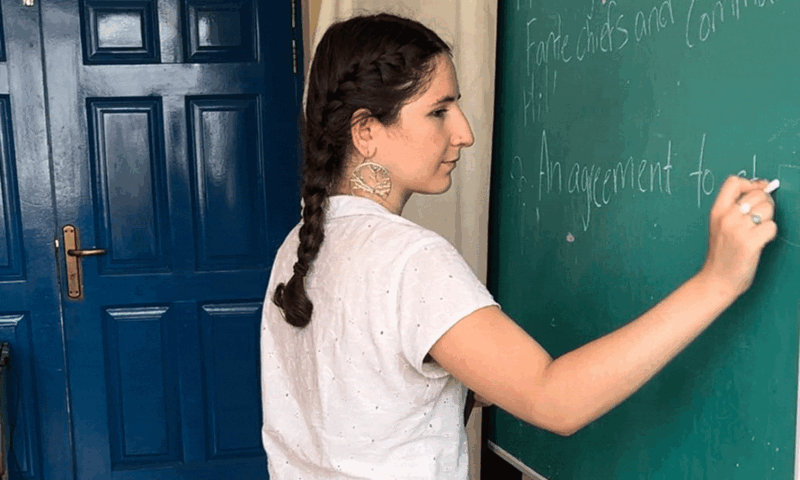In a recent opinion published in Inside Higher Ed, Professor Karen Spierling contests the real-world vs. higher education dichotomy, enumerating some of the fallacies of that argument.
In the article, Spierling notes:
“This notion that an institution of higher education is somehow something other than the real world, combined with the idea that the driving purpose of these institutions is to prepare students for that separate “real world,” is at the heart of the very tangled web of challenges that are facing colleges and universities - and wearing down faculty and staff - today.
“The fundamental problem with this notion is that it is premised on the assumption that the world of business (even more than any other professional world students might one day hope to join) is real, while the world of higher education is flimsy, ethereal or simply useless.”
She goes on to say:
“By not rejecting this myth that the world outside of higher ed is somehow more concrete and economically productive than what happens on our campuses, we undercut our own expertise as teachers and educators and allow others to assert authority in and over our classrooms. Instead, we should be highlighting the problems created in the corporate and political worlds when leaders lack teachers’ skills of provoking thoughtful exchange, productive collaboration and transformative reflection.
“By not rejecting this myth, we disregard the fact that we work in complicated organizations staffed by many different employees with myriad responsibilities for keeping the whole thing running. Colleges and universities have all the “real-world” challenges of any organization, from managing financial resources and hiring, onboarding and retaining employees to navigating complicated personnel issues.
“If we think of ourselves as working in a world separate from these “real-world” realities, we ourselves become obstacles to repairing dysfunction in our work environments or modeling fully professional interactions for our students. We stand in the way of successful diversity, equity and inclusion initiatives. We contribute to the weakening of the tenure system and the exploitation of contingent faculty.
“By not rejecting this myth, we allow our students to avoid holding themselves accountable for their own roles in their education and growth. To see learning as something that should happen only in the ways most comfortable to them. To consider attending class optional. Even to believe that passing grades and a diploma are the only things of value that they will take from their college experience.”
